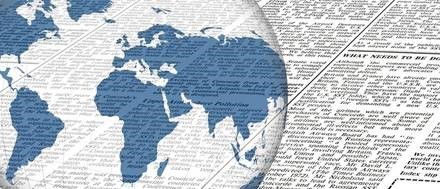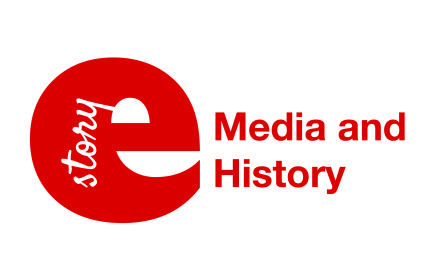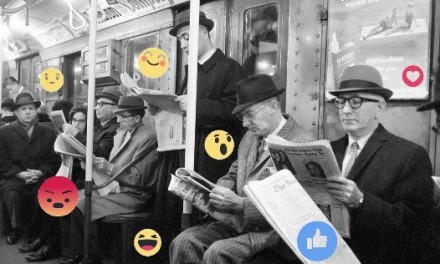Critical Thinking in the Age of Emoji’s
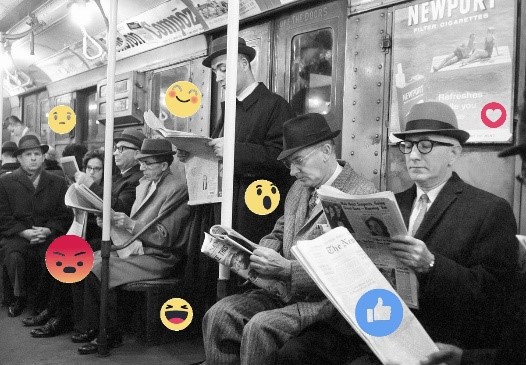
Does history education play a role for media literacy? Most of us in the E-Story project will be inclined this answer this question with a resounding ‘yes’, and at EUROCLIO we feel the same way. Media literacy is a very current topic and many Ministries of Education throughout Europe are struggling with how to implement this in the best way possible in the national curricula. The Dutch Ministry is no exception. But if we say that we feel that history education can play a role for media literacy, the next question we must ask ourselves is ‘how?’ In what way can history education attribute to more digital literacy and make the next generation of citizens more media literate?
That will the topic of the conference EUROCLIO is organizing in The Netherlands. On the 2nd of February 2018, around a hundred history educators and other interested parties will come together to discuss ways in which history education can play a role for media literacy. The venue will be the Dutch Institute of Sound and Vision in Hilversum, which is the national archive for all media footage that has ever been recorded in the Netherlands and thus it is the epicenter of everything that has to do with the use of media and media literacy.
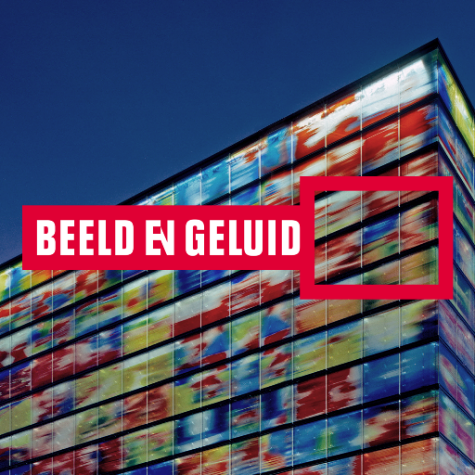
An interesting programme has been created. The day will start with a panel discussion, including two academic teachers and the Dutch History Teacher of the Year 2017. They will discuss the role of ‘truth’ in history education, and opportunities and challenges the current media landscape bring into the (history) classroom. After the discussion, participants will go on a guided tour through the archives of Sound and Vision and visit the new exhibition which centers on Fake News and Filter Bubbles.
After lunch, there will be two rounds of parallel workshops. The first round will consist of international trainers, all members of the EUROCLIO network, from Germany, Malta and Russia. The second round consists of Dutch experts in the field of media literacy and (history) education. With these workshops, we aim at providing participants practical tools to deal with media literacy in their own classrooms. The afternoon programme will coincide with the transnational meeting with project partner. This meeting will most likely also take place at Sound and Vision.
We at EUROCLIO are looking forward to an interesting, exciting and inspiring conference, after which participants will be better equipped to implement media literacy related teaching strategies in their classroom. But most of all, we hope to find, together with the speakers and the participants, an answer to the great question that is behind all of this: ‘In what way does history education play a role for media literacy?’
More information about the event can be found on the website of EUROCLIO: https://euroclio.eu/event/critical-thinking-age-emojis-history-education-play-role-media-literacy/


